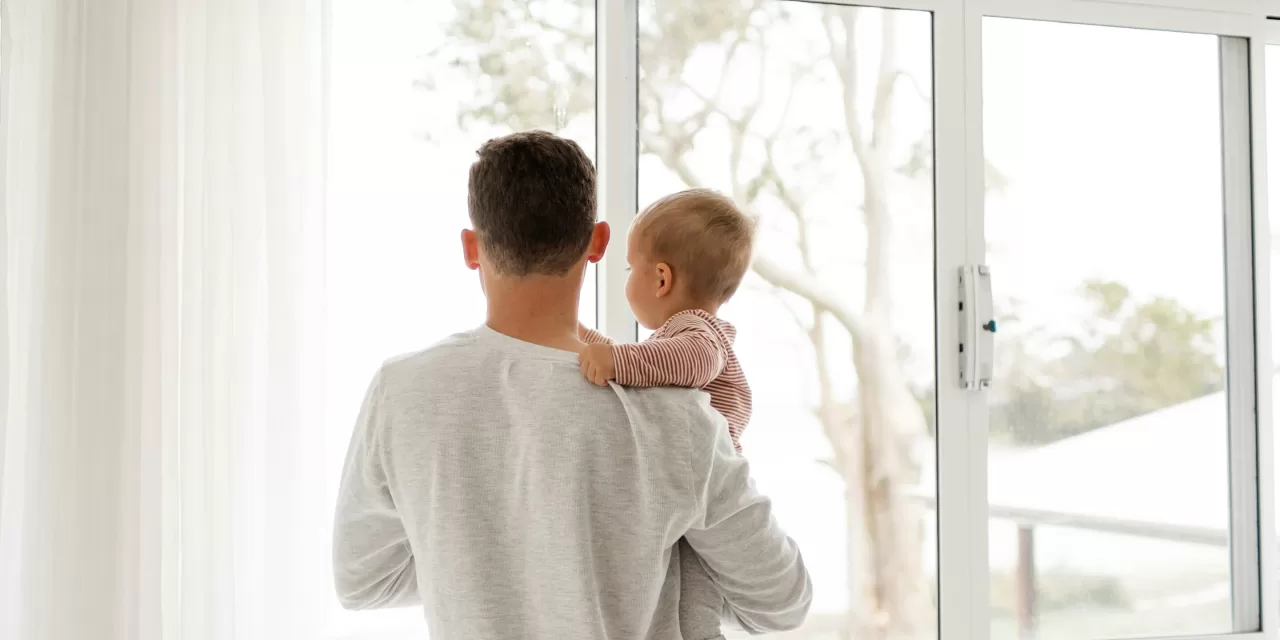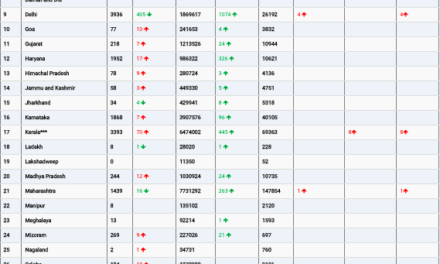A new study suggests that longer paternity leave after the birth of a child can significantly improve co-parenting dynamics, leading to a more equal distribution of childcare responsibilities. Researchers found that mothers were less likely to discourage fathers’ involvement in parenting when dads took extended time off after their child was born.
The research, conducted by The Ohio State University, highlights how longer paternal leave changes mothers’ perceptions of fathers’ commitment to parenting. “When fathers take longer leaves, mothers might take that as a sign that fathers are more interested in being an active parent and be less likely to try to prevent them from participating in child care,” said Reed Donithen, the lead author and a doctoral student in developmental psychology.
Study co-author Sarah Schoppe-Sullivan, a professor of psychology at Ohio State and president of the board of the Council on Contemporary Families, added that extended paternity leave also shifts maternal attitudes about fathers and childcare. Mothers tend to ease their high parenting standards for fathers and rely less on external opinions regarding their maternal roles.
“It is difficult to change people’s attitudes, but a longer paternity leave appears to change not only how mothers respond to fathers’ involvement in child care but also how they view parental roles,” said Schoppe-Sullivan. “That is exciting.”
Research Findings
The study, published in the journal Sex Roles, utilized data from the New Parents Project, a long-term research initiative led by Schoppe-Sullivan. This project examines how dual-earner couples transition into parenthood and how family dynamics evolve over time. The study analyzed 182 couples, most of whom were married, white, well-educated, and of higher socioeconomic status.
Participants were assessed at four different intervals: during the mother’s third trimester and when the baby was 3, 6, and 9 months old. At the 9-month mark, both parents answered questions regarding “maternal gatekeeping,” which refers to how much mothers either inhibit or encourage fathers’ participation in childcare.
Results indicated that fathers who took longer paternity leave experienced less maternal “gateclosing,” meaning mothers were less likely to discourage their involvement. However, researchers were surprised to find that it did not lead to a significant increase in “gateopening,” where mothers actively encourage fathers’ participation.
Donithen suggests that societal norms still play a role in shaping parental roles. “Mothers may think they are the default main parent and so they don’t go out of their way to encourage dads to get more involved,” he said.
On the other hand, Schoppe-Sullivan offers a more optimistic interpretation: mothers may perceive that fathers taking longer leaves are already assuming a more engaged parenting role, thereby reducing the need for additional encouragement.
Implications for Parenting Equality
One key strength of the study is that it controlled for various psychological and socioeconomic factors that might influence paternal involvement. These findings suggest that extended paternity leave could serve as a crucial mechanism for achieving a more balanced parenting dynamic.
“A lot of research on the transition to parenthood suggests that nearly all couples fall into this trap of having unequal roles — even highly educated, two-earner couples like those in our study,” said Schoppe-Sullivan. “This study suggests that a longer paternity leave may be a way out of the trap, leading to a situation where fathers take on more of an equal parenting role.”
Funding and Publication Details
The research was supported by the National Science Foundation and the Eunice Kennedy Shriver National Institute of Child Health and Human Development. Other co-authors include Miranda Berrigan and Claire Kamp Dush of the University of Minnesota.
The findings appear in Sex Roles (2025; 91 (2) DOI: 10.1007/s11199-025-01565-7).
Disclaimer: This article is based on materials provided by Ohio State University and may have been edited for style and length.












